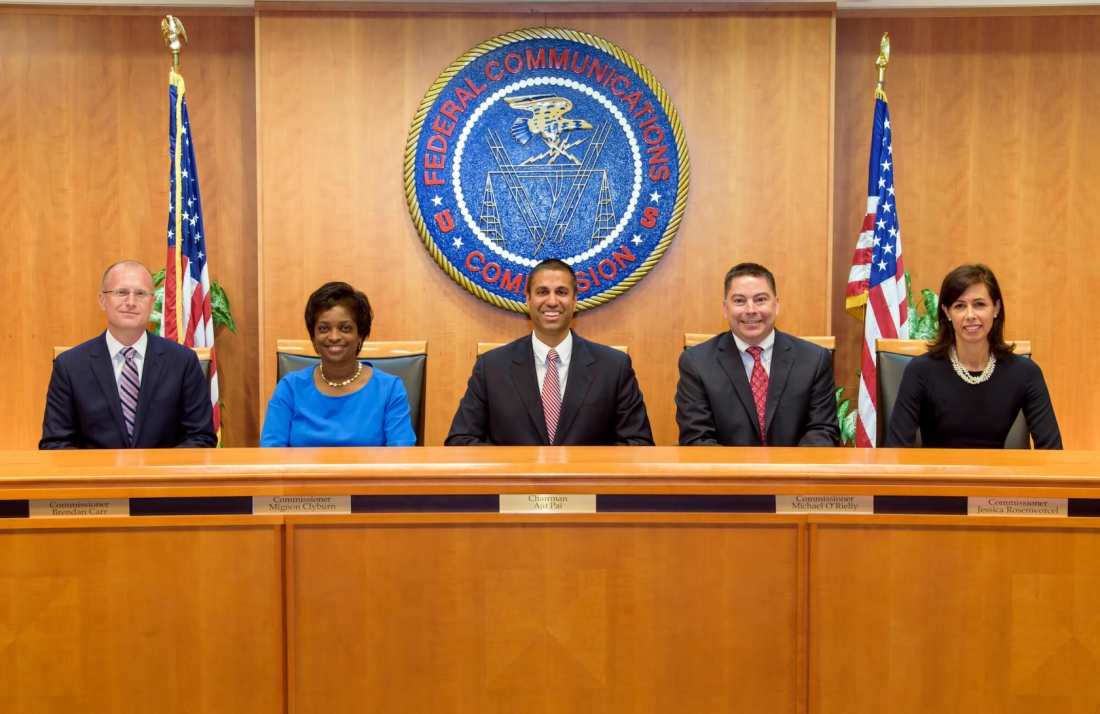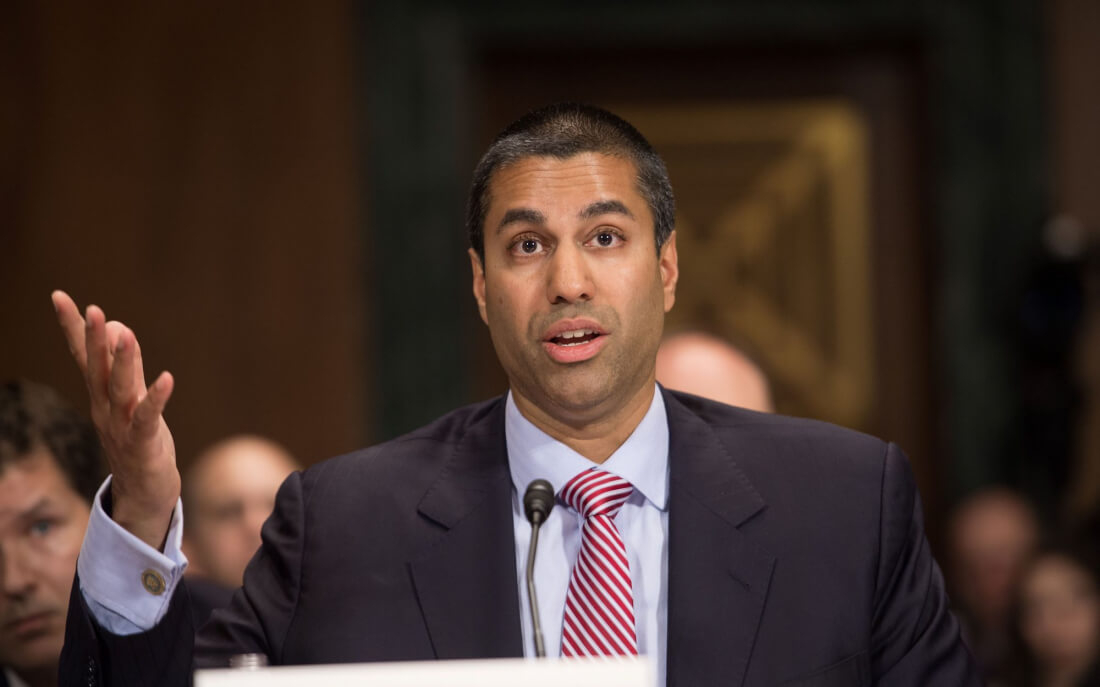
The Federal Communications Commission last year voted to approve a subsidy that would make it more affordable for low-income households to obtain broadband Internet access. The plan, which would offer a monthly subsidy of $9.25, was pushed through before the election under Democratic majority.
The FCC, now led by Republicans, is changing course. It recently voted 3-2 to scale back Lifeline, a federal program that has helped low-income people with communication needs since 1985 (the broadband subsidy is part of Lifeline).
The Lifeline program up to this point has offered an additional $25 per month to eligible households on Tribal lands. Following the new rules, Tribal discounts will only be available to people living in rural areas.

The turn of events isn’t surprising. FCC Chairman Ajit Pai, who was a Republican commissioner last year, voted against the subsidy. He argued at the time that the FCC should instead put a lower, hard cap on the subsidy and said the FCC’s failure to clean up fraud, waste and abuse that currently exists could jeopardize the entire program.
Now, with the FCC under Republican leadership and Pai at the helm, he can do something about it.
The new rules also increase consumer choice by eliminating restrictions that barred participants from changing service providers for a year. Other aspects of the program, like providing provider incentives, are seeking comment from the public.
Additional details can be found in the FCC’s press release on the matter.
https://www.techspot.com/news/71943-fcc-votes-along-party-lines-scale-back-federal.html